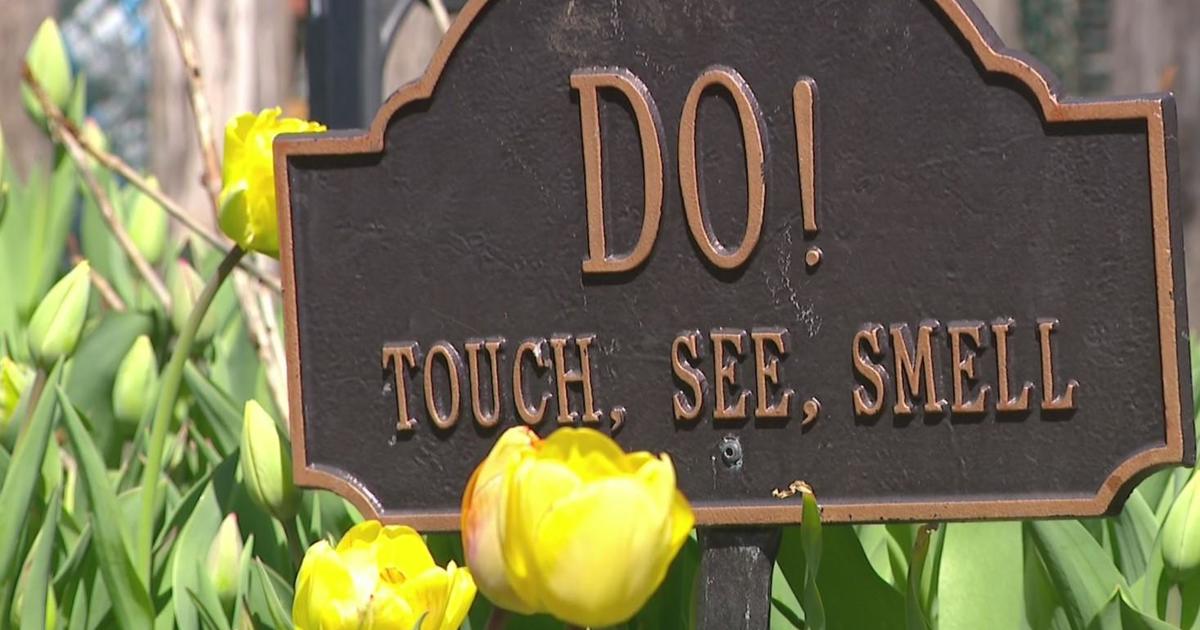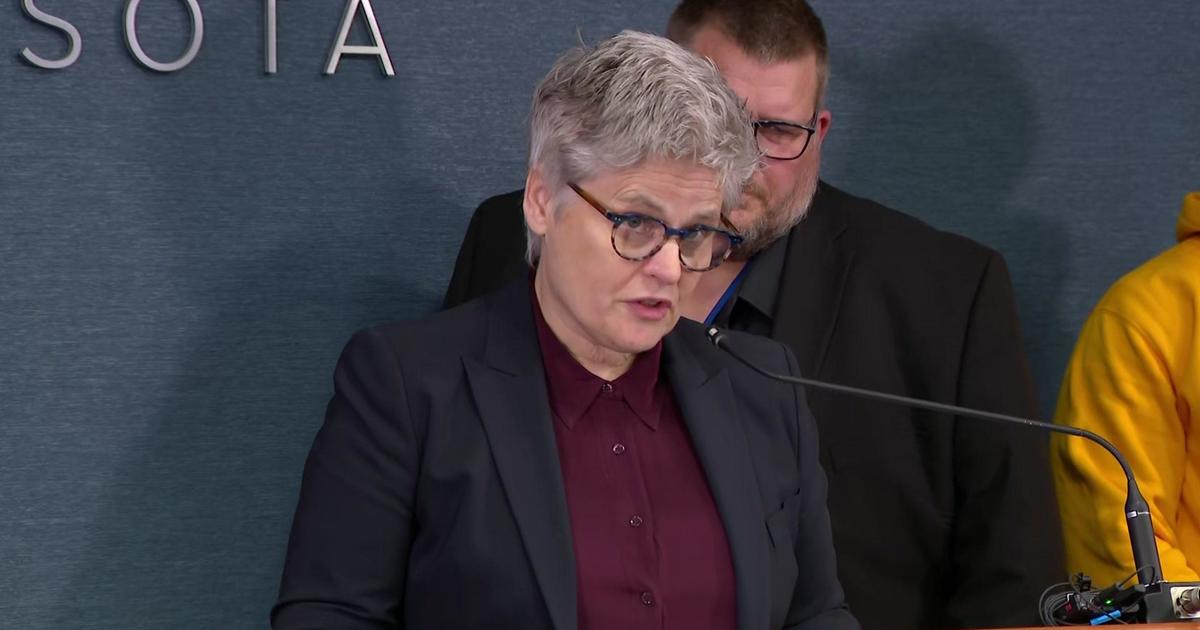Minneapolis Tax Law: The Good, The Bad & The Ugly For Small Business Owners
Sometimes tax laws work in your favor, and other times they don't seem like such a good idea. Occasionally, tax laws are just an ugly mess. Here is an easily digestible look at the complicated state tax system for Minneapolis small business owners.
The Good
The good news is that it's easy to get your small business started legitimately under Minnesota tax law. Most businesses need to file for a Tax Identification Number (TIN). If your small business requires a Minnesota Tax Identification Number, you can apply for one by phone, mail or online. However, there are a couple of instances where you won't need a TIN. One would be if you apply to run a non-profit organization, which would allow you to receive an exemption from Minnesota sales tax or gain federal exemption. The other reason is if you simply want to open a bank account for your business. Sometimes, when you already have a TIN, you may need a new one. The two circumstances that would necessitate this are a change in the legal organization of your business or if you must apply for a new federal employer ID number.
The Bad
Tax changes for 2017 aren't necessarily all for the better. An online newsletter features a list of changes, some of which are going to be downright bad for small business owners. When every penny counts, especially for small business owners, there is a slightly bad break for 2017. For instance, in general, all business owners have lost an impactful half a cent on their business miles. For 2016 tax purposes, driving expenses were counted at 54 cents per business mile driven. For 2017, a mile in the name of work is worth only 53.5 cents per taxes. It's only half a cent, but it adds up over time. A change has also been made in the realm of health insurance credit for small businesses, limiting small business employer health insurance credit and eligibility. MNsure offers information on small business owner health insurance credit and the Small Business Health Options Program (SHOP). A handy online calculator is also available to estimate the tax credit you may be eligible for.
And The Ugly
In the play "You Can't Take It With You," Grandpa Vanderhof is in danger of being prosecuted for tax evasion. He's refusing to pay an income tax. An IRS agent asks Vanderhof why he refuses to pay the tax, and Vanderhof explains that he doesn't believe in it and wants to know what he would get out of paying an income tax. The agent explains that the money from the income tax sustains the government. Vanderhof replies, "I wouldn't mind paying if it were something sensible."
There are all kinds of ugly in the world of taxation. Some people don't want to pay certain taxes, especially when they think said taxes are unnecessary and insensible. However, there is possibly nothing more unsightly than realizing you've actually overpaid your taxes, rather than having paid a tax you simply didn't like. Running a small business can be messy, and people don't want their money going where it's not supposed to go. Keeping your finances neat and orderly, always in the right place, will keep you from the ugly sight of rightfully earned money being absorbed by the government. In the blog post "7 biggest misconceptions business owners have about their returns," misconception number 2 is that "overpaying the IRS makes you audit proof." According to the post, it's never a good idea to overpay the IRS. If you overpay in one area, but you underpay in another, you will still get charged interest and penalties for underpaying. You don't get brownie points for paying a little extra.
Some businesses may not have to pay an income tax in Minnesota. It's an ugly issue, because it's not clear cut. This issue can be complicated to resolve. If you have a non-Minnesota business, but you do a certain amount of business in Minnesota, you may be subject to Minnesota income tax. According to the Minnesota Department of Employment and Economic Development, "Further information on the nexus standards and exceptions, and other requirements for non-Minnesota businesses may be obtained from the Department of Revenue."
This article was written by Leilani Allmon for CBS Small Business Pulse.



